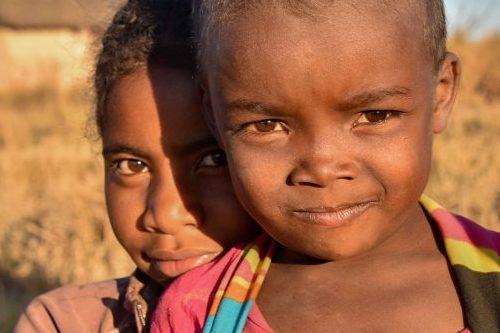The Middle of Africa has been in civil war since 2012 and is controlled by an unstable government. lacking institutions and welfare systems that might better support orphans and their communities. And it has 5.3 million people and 40% of them are younger than the age of 14. Consequently a majority of these children live without parents or family support. Their rights to education, healthcare, food and shelter is quite low. With little family income, these children are left to find illegal kinds of work, leaving the especially vulnerable.
The International Labor Organization has reported that the recruitment of child soldiers remains one of the most severe forms of child employment. The World Bank estimated in 2014 that 62 percent of the Central African Republic’s population was living in poverty. In recent years, think tanks and academic research have found an inextricable link between poverty and the prevalence of orphans. In 2004, Princeton University’s Research Program for Development Studies released a study showing that orphans in Africa were more likely to live in poor households and distant relatives were less likely to invest in these children’s healthcare and education. The Princeton researchers also found that orphans were less likely to attend school. Girls often stay at home to do domestic work, while boys are expected to find a job. The CIA estimates that 47 percent of children aged 5 to 14 were engaged in work and spent an average of only seven years in school.
In 2014, The World Bank reported that 91,000 children were orphaned in the Central African Republic, often because of HIV/AIDS. But the government spent only 4.2 percent of its GDP on healthcare that year. Orphaned children are therefore more susceptible to the disease, but are unable to receive adequate healthcare.
International NGOs and charities like as UNICEF, Vision Trust and SOS Children’s Villages have tried to establish orphanages and social welfare centers there to help these vulnerable children, eleviating their suffering in what might be the worst country to be an orphan.
To read the entire article about the worst country to be an orphon, click on the link below.







Freedom United is interested in hearing from our community and welcomes relevant, informed comments, advice, and insights that advance the conversation around our campaigns and advocacy. We value inclusivity and respect within our community. To be approved, your comments should be civil.